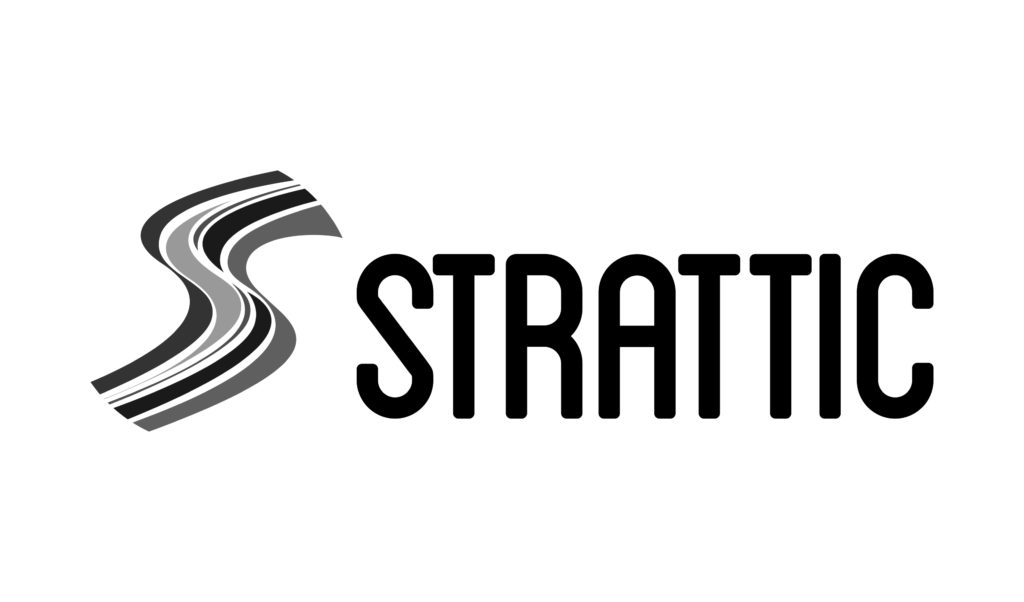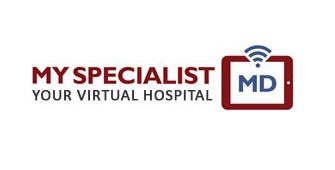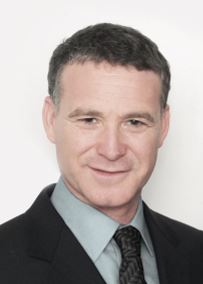 2breathe Founder & CEO Erez Gavish sits down with Startups #nofilter to talk about the interesting and not-so-sleepy journey that 2breathe has taken. With their groundbreaking breathing-based product, they are helping people around the world fix their sleeping problems. Erez talks about some near misses on their way to success, anecdotes, startup funding, and more:
2breathe Founder & CEO Erez Gavish sits down with Startups #nofilter to talk about the interesting and not-so-sleepy journey that 2breathe has taken. With their groundbreaking breathing-based product, they are helping people around the world fix their sleeping problems. Erez talks about some near misses on their way to success, anecdotes, startup funding, and more:
1) Your app and device help people fall asleep. Why are you better than 100’s of devices out there?
As I recently wrote in the Huffington Post, the market has sleep tracking apps such as sleep cycles, as well as hardware – FitBit, Beddit or EarlySense, an Israeli sleep tracker that does a fantastic job. But trackers won’t help you fall asleep or sleep better. To induce, the market currently offers drugs and natural sleep aids.
You also have to relaxing tones, music apps help relax you. That’s what is out there on the market.
What we bring into the fold is a medical technology that has been consumerized and adopted to sleep. The way we came to the sleep area was by accident. For the past 20 years we developed and sold RESPeRATE, the world’s only non-drug medical device cleared by the FDA for lowering blood pressure and the reduction of stress. Used by hundreds of thousands of patients and featured in the American Heart Association statement on non-pharmacological treatments of hypertension. The only side effect was that people were falling asleep from our product and sleeping better throughout the night.
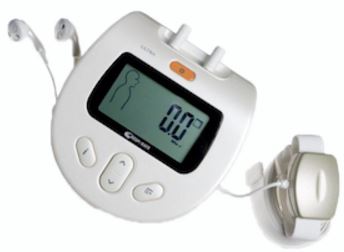
This was a very logical step – there are certain breathing exercises that induce sleep. The American Academy of Sleep medicine recommends performing breathing exercises to help you fall asleep. Breathing exercises are the most popular method of trying to fall asleep. Except, performing them right is not so simple. As it happens, we are experts in harnessing the power of therapeutic breathing and the pivot to sleep, and came about it by accident.
2) Is this product meant to be used forever, or to help someone get back on track?
It depends on the issue. We focus on falling asleep. The issue of falling asleep relates to intrusive thoughts and mind racing. That tends to come and go for most people. We see people with trouble falling asleep, and they’ll use it a few days and get back on track.
If people have trouble staying asleep, or getting up in middle of night (as we get older we have to go to the bathroom more). Those people wake up early. What we found is that just like the RESPeRATE users, preforming a 15 minute pre-sleep mediation and breathing exercises with our device, benefits these people.
3) Has the sleep community embraced your product?
It’s way to early to getting the medical community aboard a new therapeutic modality typically takes a decade or two. The American Heart Association took 11 years since the launch of RESPeRATE until they included it in their Hypertension Statement. In the medical field there are no shortcuts. We raised $45 million for our previous product.
We felt that with this product, the breathing aspect is so obvious, that we took it right to the consumer. This is mostly for healthy people. Sleeplessness isn’t a medical condition. If you’ve been diagnosed with sleep apnea, 2breathe is not for you. This is for healthy people who want an easier time with sleeping. We are simply recommending doing what the medical community already recommends: breathing exercises.
Apple came out with the Breathe app for Apple Watch. It’s very basic and welcomed as it will surely raise awareness further.
4) What are you most excited about right now?
Because it’s a smart device, it connects to the cloud via the smartphone’s Bluetooth – which allows us to see when and how you are performing the session. This allows us to immediately provide additional guidance. If you have trouble staying asleep but you use it in the fall asleep mode, we can immediately know that and send you an email along the lines of “Did you know…there’s another way to use our product.”
Unlike traditional non-connected products you won’t know what your customer is doing and how you can further assist them. Using smart, connected products, we can really give phenomenal customer experience both in terms of service and to personalize the algorithms. Allow me to give you a specific example to this later point:
Falling asleep is fascinating process – most trackers deal with stages of sleep, deep or light. They tend not don’t focus on the process of falling asleep. It is a very personal process where you drift in and out of sleep as you eventually fall asleep. So although we have a good sleep detection algorithm, seeing data from all users allows to further optimize and personalize it… This machine learning is not possible to do when you have standalone devices.
When you try affecting human beings and especially when asking them to perform a voluntary exercise such as breathing, it gets very complex. Getting insights from our user actions really helps the product and its maturation.
The smart, connected to cloud technologies is a new ballgame now. It really allows us as product visionaries to bring the product to perfection.
5) What is one regret you have since 2breathe’s inception?
A million small regrets. Early on we decided that for this gig we would not take equity investment. This means we need to run a very lean, very focus operation, which in some cases means lost opportunities.
For example, when we started 2breathe, we ran alpha test for friends. We only wanted users testing in Israel but we kept getting requests from Japan. A few months later, we got an email from the person who wanted to participate in the test who happened to be from Teijin, a medical device company with 60% market share of the Japanese sleep market… We eventually sealed a partnership and Japan became the first place we introduced our product. I regret the months of not accepting the request and learned to be a bit more open to surprises.
6) Do you have any growth numbers you’d like to share with our readers?
Not really. When you have a new product – the goal to me is not how much to sell, but rather it is the levels of high satisfaction rates, as well as high learning rates for us. If it fails or people return the product, then we ask why? We then find a way to improve it. Releasing a product essentially makes us a learning organization.
7) Do you plan to utilize your device and tech for any other future projects?
Of course. This is therapeutic breathing. We have clinical studies ranging from hypertension, heart, COPD, anxiety, and post-traumatic. We have patents and tech and experience for guided breathing which has a lot of possibilities. So from medical to wellness, we chose breathing as a focus and have many ideas in mind. No matter the bandwidth – with our mobile platform we are more connected to customers, and can avoid the slower traditional market route.
8) For fun: What website do you go to when you need to check if your internet is working?
Google.
9) For fun: One piece of advice for Startups #nofilter?
The question is, you must define your objective. Is it to make money out of content, and if so, how will you monetize.
And second, content play is difficult. However, as I’ve learned from experience, the combination of Israeli tech and startups can generate a very positive response as we have seen with the articles about us in The Times of Israel. Explore how you can link into the established network and sympathetic audiences than expand.
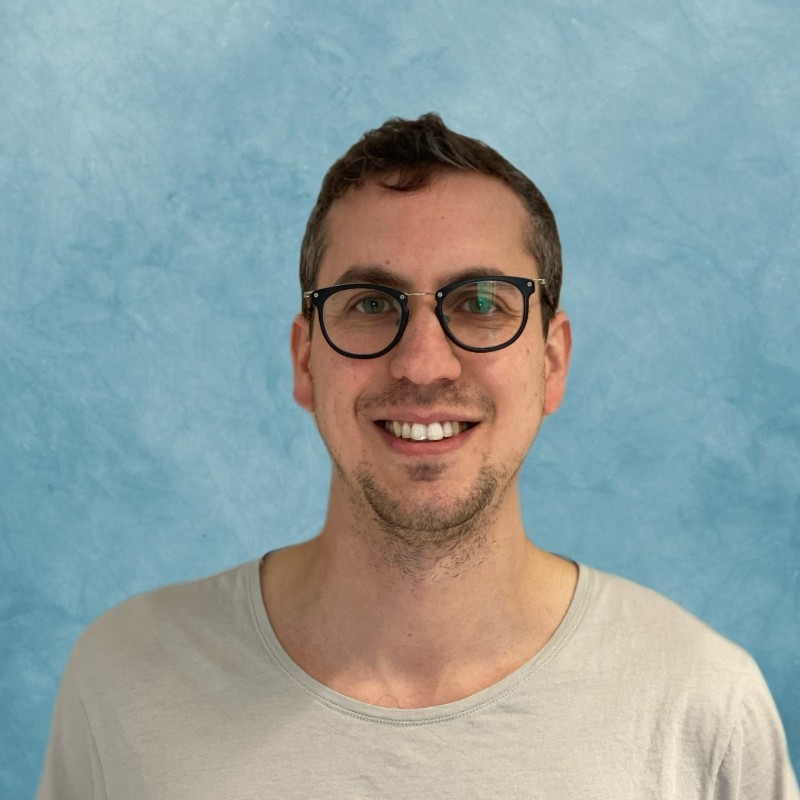
Editor of Startups #nofilter

